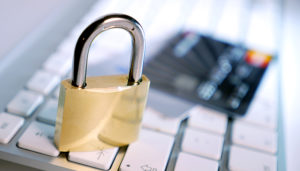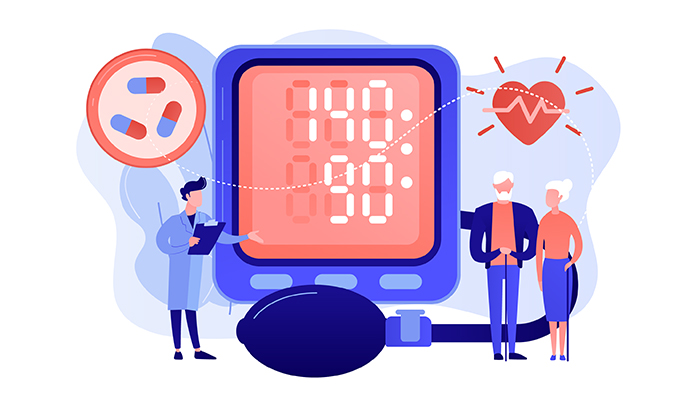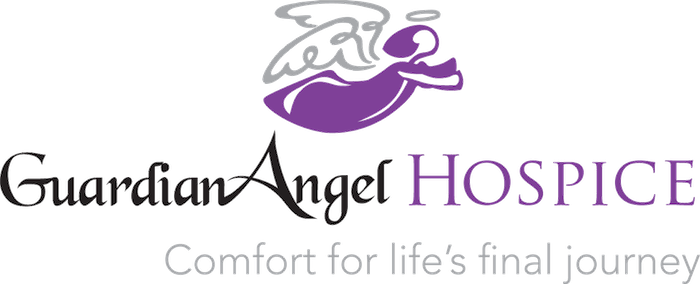Journey in Caregiving
Helpful tips for family caregivers
October/November 2013
Let’s hear it for resilience! Emotional resilience. Financial resilience in the face of identity theft. And resilient blood vessels to make life easier on your heart.
Treating yourself as a friend
As a family caregiver, you probably hold yourself to a high standard. You expect yourself to react with kindness and patience at all times, no matter how unpleasant or inconvenient the task. Compassionate caring is a high ideal for family caregivers.
But some days are admittedly better than others. And then comes the self-criticism and guilt!
Here’s an idea, though: Treat yourself the way you would treat a friend. Research shows that people who treat their own distress with concern instead of judgment are physically healthier. They are also emotionally better able to deal with life’s inevitable setbacks. They stay motivated even when things are rough. For example, people who treat themselves with compassion
- cope with failure more productively. Rather than get upset, they consider the lessons learned.
- remain positive and motivated. They are less subject to fear, negativity, anxiety, and depression.
- take better care of personal health. They eat better, exercise more, and see the doctor regularly.
The next time you feel down on yourself, try a compassionate perspective. Consider your situation with
- kindness. You forgot to bring the list of medications to Dad’s appointment? Self-criticism will only make you feel worse. And it won’t make the list suddenly appear. Instead, patiently ask yourself what to do next.
- acceptance. You’re not keeping up with cleaning Mom’s house the way you envisioned? Give up the idea of perfection. It’s not humanly possible! Gently support yourself while continuing to do the best you can. Treat yourself with consideration, as you would a friend.
- awareness. You missed the party today because Dad wasn’t well? Of course you are disappointed! And maybe mad, or sad. Acknowledge your feelings in the moment. They are normal, natural. And like all feelings, they will subside. They just resolve faster when viewed as neither bad nor good, but rather, as a temporary experience.
Repairing identity theft
 It’s a fact that scam artists prey on older adults. Scammers steal identifying information and use it to obtain cash, make purchases, or open new credit card accounts.
It’s a fact that scam artists prey on older adults. Scammers steal identifying information and use it to obtain cash, make purchases, or open new credit card accounts.
If your relative’s identity has been stolen, take action quickly. But be methodical! Keep track of every report you make. Log every call. Send any documents by certified mail. The Federal Trade Commission (FTC) recommends the following steps:
Things to do right away:
Call the companies where the fraud occurred.
- Talk to the fraud department. Explain there is an identity theft situation.
- Ask them to close or freeze the accounts to avoid new charges. (They may require an Identity Theft Report from the FTC. See below.)
- Identify the charges that are fraudulent. Ask that they be removed.
- Change logins, passwords, and PINS.
Place a free, one-year fraud alert by contacting one of the three credit bureaus. That company must tell the other two.
- Experian.com/help. 888-EXPERIAN (888-397-3742)
- TransUnion.com/credit-help. 888-909-8872
- Equifax.com/personal/credit-report-services. 800-685-1111
File a report with the FTC. Go to IdentityTheft.gov or call 1-877-438-4338. They will give you an official Identity Theft Report and recovery plan for free. You may need the report to get further action on the accounts.
Next, clean up your loved one’s credit
Contact each of the credit bureaus listed above.
- Ask to have fraudulent information removed. For example, names of accounts opened, unpaid bills. They are required to comply with your request to block this information if you have an FTC Identity Fraud Report.
- Consider placing an extended fraud alert or credit freeze. This way, no new accounts may be opened without your loved one’s consent.
Continue to monitor service records and bills so you can quickly challenge suspicious activity.
Return to topWhat is high blood pressure?
 High blood pressure is sometimes called “the silent killer.” This is because it is dangerous but has few outward symptoms.
High blood pressure is sometimes called “the silent killer.” This is because it is dangerous but has few outward symptoms.
As the heart pumps, it pushes blood through the blood vessels, creating pressure on the artery walls.
High blood pressure means that your heart is having to work extra hard to get the basics of circulation accomplished.
Nearly two out of three adults age 60 or older have high blood pressure!
Besides age, other factors make it more likely your loved one, or even you, could develop high blood pressure.
- Chronic conditions. People with diabetes, kidney disease, or sleep apnea are at higher risk for high blood pressure.
- Race/ethnicity. Forty percent of African American adults have high blood pressure as compared with 25%–28% of adults in other racial/ethnic groups.
- Body weight. Being overweight or obese is strongly associated with high blood pressure.
- Too much salt in the diet and/or too much alcohol raises the risk. As do stress, smoking, and lack of exercise. On the other hand, becoming more active and quitting smoking significantly decrease risk.
When blood pressure is measured, the result is two numbers, such as 114/76 (read: 114 over 76). The top number (114) reflects the pressure in your blood vessels when the heart contracts. A reading of less than 120 mmHg is considered healthy. 120-129 mmHg is “elevated,” and 130 mmHg or more is considered high.
The bottom number reflects the pressure in the blood vessels when the blood is “coasting” while the heart fills up between beats. A reading of less than 80 mmHg is normal, and a larger number is considered high.
A crisis level occurs when the top number is higher than 180 and/or the bottom number is higher than 120. When you get a reading like this, if the person you care for has pain in the chest or back, problems breathing, trouble speaking, changes in vision, or numbness or weakness, call 911 immediately! If not, wait 5 minutes and take it again to see if the readings come down. If they don’t, then get medical attention right away.
Return to top


